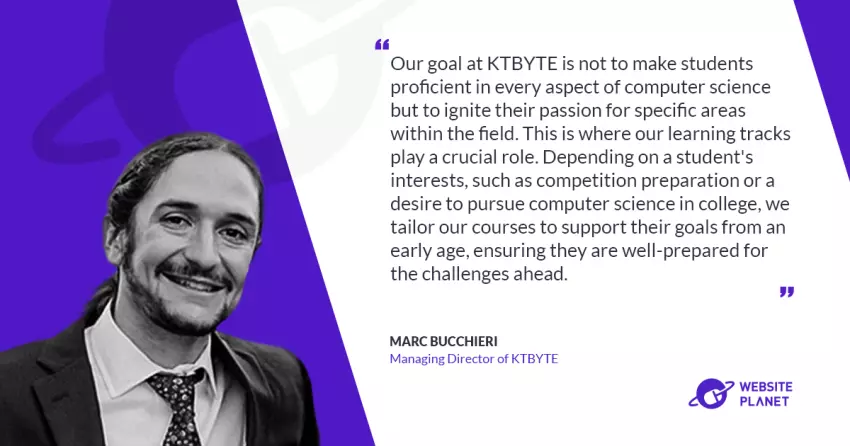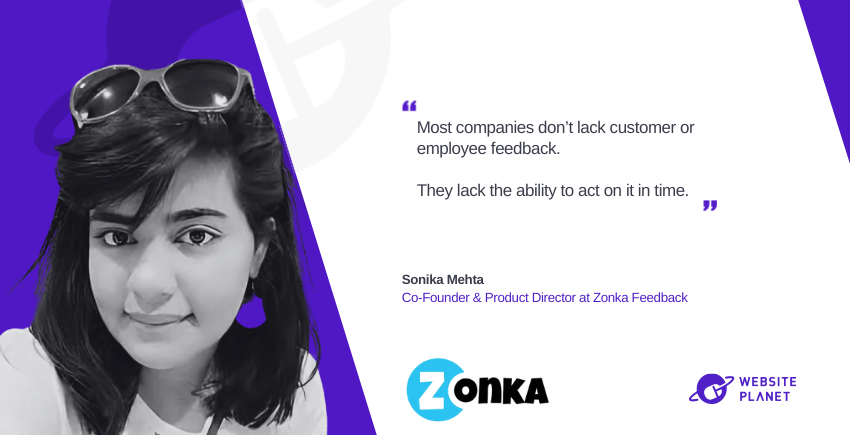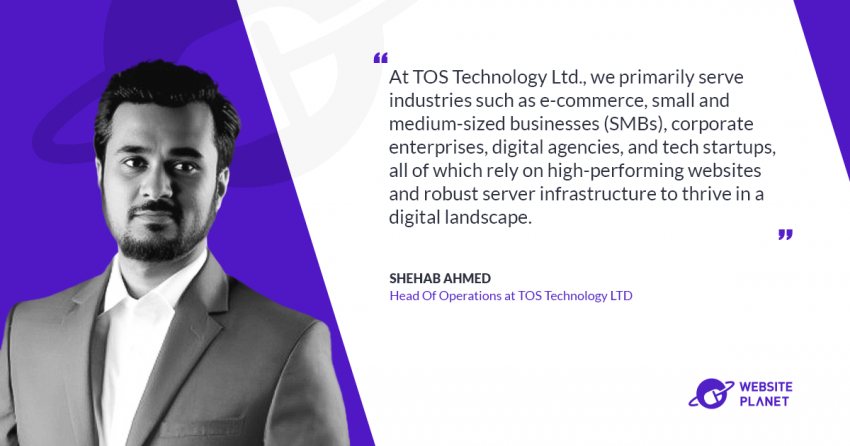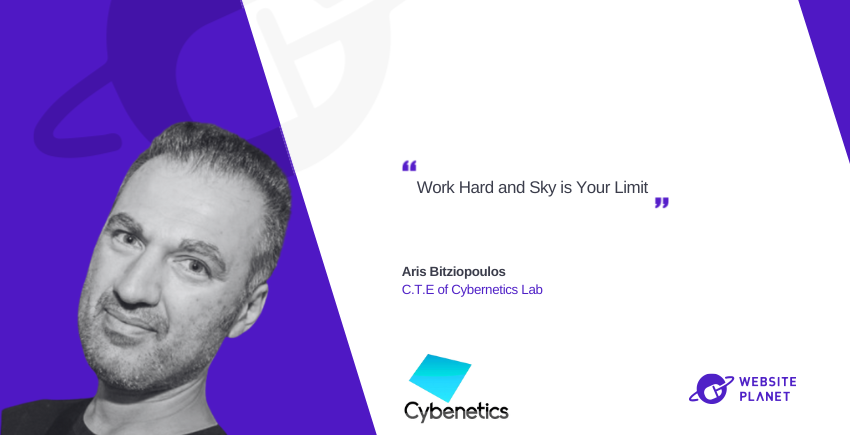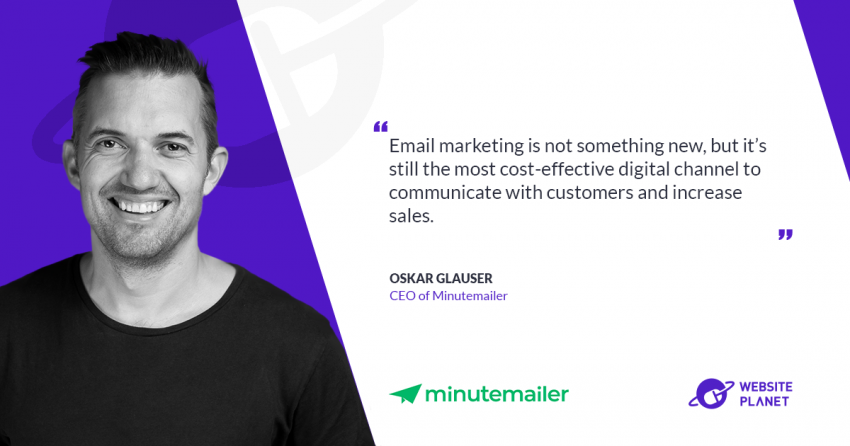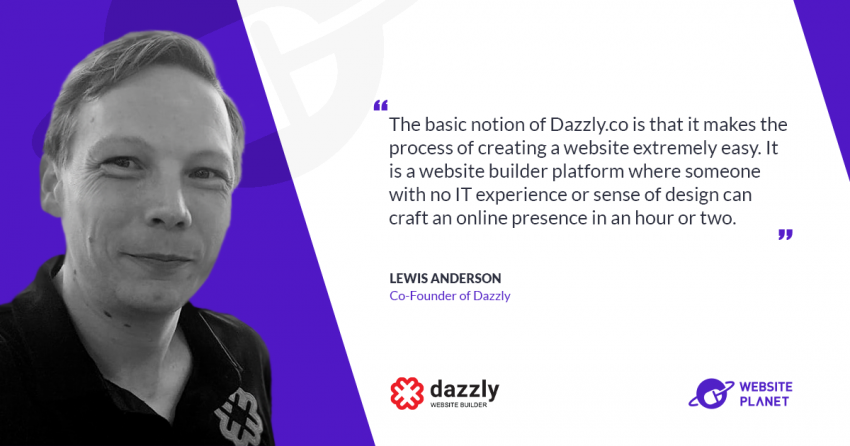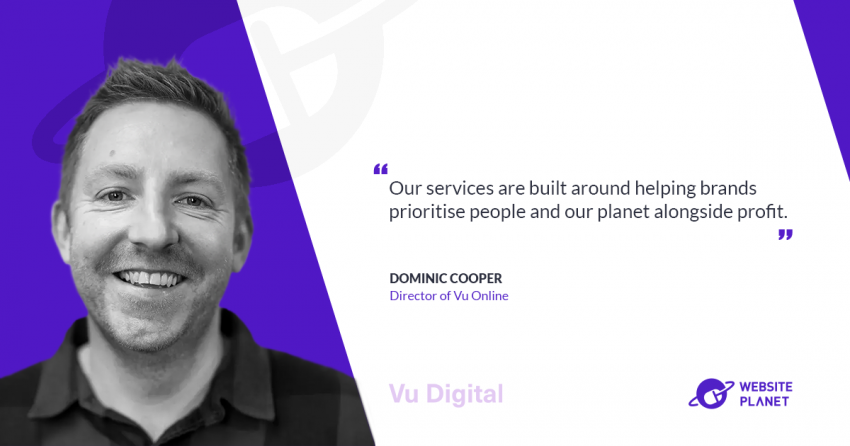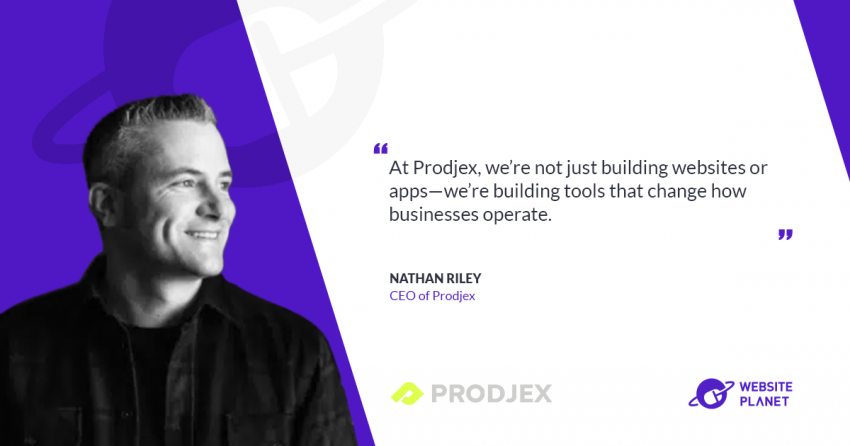In a revealing interview with
Website Planet, Marc Bucchieri shares insights into KTBYTE’s distinctive approach to computer science education, tailored to meet the needs of a diverse student demographic, especially young learners.
Over the past decade, KTBYTE has pioneered a method to seamlessly transition students from basic block-based coding to more sophisticated programming languages by introducing custom Block-based languages.
This innovation allows students to grasp complex coding concepts through an intuitive block assembly system, minimizing the initial intimidation of traditional coding.
As students advance, KTBYTE’s curriculum adapts, offering a more hands-on coding experience through projects that blend creativity with technical skills. For older students, KTBYTE presents a variety of paths, from competition prep to specialized electives in fields like web development and machine learning, ensuring each student’s educational journey is both challenging and aligned with their aspirations, as detailed in Bucchieri’s conversation with Website Planet.
How does KTBYTE tailor its computer science education to different age groups, particularly for young learners?
KTBYTE has developed a unique approach to computer science education that effectively caters to various age groups, with a particular focus on young learners. A decade ago, when we first began, we identified a crucial need to bridge the gap between simplistic block-based coding, commonly used by elementary students, and more advanced programming languages like Java, C++, and Python.
To address this, we introduced our own Blockly-based languages tailored to these professional languages. This innovative method allows students to work with blocks that carry the syntax of Java, Python, and C++, teaching them to assemble these blocks to construct functional programs. This approach significantly reduces the intimidation factor associated with traditional coding, eliminating the need for typing code initially and allowing students to focus on learning syntax and computational thinking without the overhead of a development environment.
As students mature, we gradually transition them to writing actual code, incorporating visual elements through the use of processing libraries. This method is particularly engaging for middle school students, who begin to see coding not just as a task, but as a creative outlet, akin to gaming or art projects.
Recognizing the varying capacities of our students, the intensity of the coursework is carefully calibrated. Younger students, around the ages of eight or nine, start with minimal homework, roughly 15 minutes per week, with the workload increasing gradually. This ensures that as they progress through our courses, the increase in difficulty feels natural and manageable.
For older students, particularly those in high school, our curriculum offers diverse learning pathways. This allows students to choose from four distinct tracks based on their interests and goals. Whether they’re preparing for competitions, aiming for college credits through Advanced Placement courses, or exploring electives like web development or machine learning, our tailored approach ensures that each student’s educational journey is aligned with their aspirations.
In summary, KTBYTE’s commitment to providing a tailored computer science education ensures that students of all ages receive a comprehensive, engaging, and appropriately challenging learning experience.
What unique approaches does KTBYTE employ to ensure students understand core computer science concepts beyond just coding?
At KTBYTE, we’re particularly passionate about imparting core computer science concepts, which form the cornerstone of our curriculum. Our approach goes beyond mere programming; we aim to instill computational thinking skills that are fundamental to understanding computer science in a broader context.
Our curriculum is designed to cultivate critical thinking abilities through the exploration of key computational concepts such as problem decomposition, pattern recognition, and abstraction. These may seem like complex terms, but even our youngest students are capable of grasping these concepts when they’re broken down into tangible examples. For instance, we introduce conditional logic in a way that’s intuitive to students, allowing them to apply simple algorithms to solve problems, often without realizing they’re employing sophisticated computational strategies.
The emphasis at KTBYTE is not just on learning to code but on understanding the underlying principles that make coding a powerful tool for problem-solving. We recognize that not every student will pursue a career in computer science or continue coding in the future. However, the skills learned through our courses have far-reaching applications in various aspects of life. Our goal is to empower students to approach open-ended problems with confidence, enabling them to initiate projects from scratch and apply their knowledge across diverse fields, irrespective of their future involvement with computer science.
By fostering these critical thinking skills, we prepare our students not just as coders, but as innovators and problem solvers, equipped to tackle challenges in any domain they choose to explore later in life.
Can you describe the range of courses KTBYTE offers and how they contribute to a comprehensive computer science education?
KTBYTE’s journey began a decade ago, initially offering courses aimed at high school students. However, we quickly recognized the varying definitions of what constitutes a high school-level computer science course, largely due to the lack of a standardized curriculum in public schools. This insight led us to expand our offerings, catering to a broader range of student interests and skill levels.
Our expansion was driven by a significant interest in competition preparation, particularly for prestigious events like the USA Computing Olympiad and the International Olympiad in Informatics. This necessitated a tailored approach to competition prep, alongside our existing courses.
Simultaneously, we identified a need to engage younger students. This realization prompted us to develop introductory courses using block-based programming, effectively broadening our reach to younger age groups. Our curriculum, initially centered around Java due to its relevance in competitions and our instructors’ expertise, has since diversified. We now offer Python courses, focusing on data science and machine learning, and web development courses that cover full-stack skills comparable to those taught in post-university boot camps.
Our goal at KTBYTE is not to make students proficient in every aspect of computer science but to ignite their passion for specific areas within the field. This is where our learning tracks play a crucial role. Depending on a student’s interests, such as competition preparation or a desire to pursue computer science in college, we tailor our courses to support their goals from an early age, ensuring they are well-prepared for the challenges ahead.
Looking to the future, we aim to further expand our course offerings. We’re developing new courses focused on specific skills like graphics, basic web development, and foundational data science, catering to students seeking to enhance their skills in a short timeframe.
In essence, KTBYTE is committed to providing a wide array of courses that not only cover the technical aspects of coding but also foster critical thinking and problem-solving skills. Whether students are focused on competitive programming or personal projects, our comprehensive curriculum is designed to keep them engaged and motivated in their computer science journey.
How does KTBYTE integrate real-world applications and competitions into its curriculum to enhance learning?
KTBYTE incorporates real-world applications and competitions into our curriculum through two specialized tracks: the Applications Track and the Competitions Track. These tracks are particularly engaging and are designed to cater to students who are either passionate about applying their skills to personal projects and research or those who are motivated by the challenge and recognition of competitions.
In the Applications Track, we emphasize the practical application of skills learned in the core classes. Students undertake projects that culminate in sophisticated applications, such as the Virtual Assistant project at the high school level. This project challenges students to create a functioning prototype similar to Siri or Alexa, capable of processing text-based queries. This approach not only teaches technical skills but also encourages creativity and problem-solving, allowing students to tailor their projects to their interests.
On the Competitions Track, we initially focus on preparing students for prestigious competitions like the USA Computing Olympiad (USACO), and for our international students, we offer preparation for various global competitions. Starting from a young age, students engage with the American Computer Science League (ACSL), which introduces them to computational thinking and problem-solving through non-programming challenges. This progression from foundational skills to advanced programming and algorithmic challenges ensures that students are well-prepared for the increasing difficulty of competitions like USACO.
By aligning our curriculum with these tracks, we aim to provide students with a comprehensive learning experience that not only equips them with technical skills but also prepares them for applying these skills in real-world scenarios and competitive environments. Whether through developing innovative applications or excelling in competitions, our students gain valuable experience that extends beyond traditional classroom learning.
What support systems does KTBYTE have in place for students needing extra help outside of class hours?
At KTBYTE, we place a significant emphasis on providing comprehensive support to our students, recognizing that this aspect of our service is critical, albeit sometimes underestimated. Our support structure is multi-faceted, and designed to cater to the diverse needs of our students.
One of the cornerstone elements of our support system is the Student Help Hours. These are akin to office hours in a traditional academic setting, where students can join a virtual classroom to receive personalized assistance from our teaching assistants. These assistants, often alumni of our courses, possess a deep understanding of the curriculum and are skilled in guiding students toward solutions without directly providing the answers. This approach not only helps students overcome immediate challenges but also fosters their problem-solving skills. Help Hours are available daily and are scheduled to accommodate both US and international students.
In addition to Help Hours, we maintain a robust customer support system accessible through various channels like email, WeChat, phone, and WhatsApp. This ensures that parents and students can reach out to us at any time with their concerns. Our proactive approach means we often initiate contact with students based on their performance and participation in classes and Help Hours, offering additional support or suggesting tutoring if necessary.
Tutoring represents another layer of our support, catering to students who may need extra help to catch up or those seeking to advance more quickly. While group classes are our primary mode of instruction, personalized tutoring sessions can be invaluable for targeted learning and accelerated progress.
As students progress and mature within our curriculum, we encourage and facilitate a greater degree of self-directed learning. For instance, in our advanced courses like machine learning, students are provided with resources and encouraged to conduct further research independently. This not only enhances their learning experience but also prepares them for real-world problem-solving.
Furthermore, students in advanced courses gain access to a dedicated Discord server, fostering a sense of community and peer support. This platform is particularly effective given its popularity among teenagers, allowing students to interact directly with instructors and classmates, and sometimes even help answer each other’s queries.
In summary, KTBYTE’s support system is comprehensive, offering a blend of personalized assistance, proactive customer service, and a community-driven platform, all designed to support our students’ learning journeys both within and beyond the classroom.
How does KTBYTE’s curriculum prepare students for advanced computer science studies and competitions, such as the USA Computing Olympiad and MIT PRIMES?
At KTBYTE, we understand the aspirations of parents and students aiming for excellence in computer science from an early age. Our curriculum is meticulously designed to lay a solid foundation for advanced studies and competitive success, even for students as young as eight.
The core of our educational approach lies in our core classes, which are instrumental in building the necessary foundation for university-level computer science studies. This foundational knowledge is not limited to coding; it encompasses a broader spectrum of computational thinking, enabling students to start using algorithms and problem-solving techniques from the outset.
For competitions like the USA Computing Olympiad and for research-intensive programs like MIT PRIMES, our curriculum goes beyond the basics. We equip students with advanced algorithmic skills and provide opportunities for them to engage in project-based learning, such as our machine learning courses. These experiences are invaluable for students, allowing them to build a robust portfolio that includes presentations and research papers, showcasing their readiness for rigorous programs.
Furthermore, we support our students in their applications to prestigious programs by offering advisory services, including written recommendations, to enhance their profiles.
Another critical aspect of our curriculum is preparation for Advanced Placement (AP) exams, which allow students to earn college credit while still in high school. By the time students reach our upper-level courses, they are well-prepared for these exams, with many opting for an additional prep course to ensure success.
However, beyond the technical skills and academic achievements, our ultimate goal is to ignite and maintain a passion for learning in our students. We believe that fostering curiosity and enthusiasm for computer science from a young age is key to sustaining interest and engagement through the challenging years of late adolescence. Our approach is to nurture this passion, providing students with the flexibility to explore and grow within the field, ensuring that their journey in computer science is both rewarding and fulfilling.
Find out more at: www.ktbyte.com
